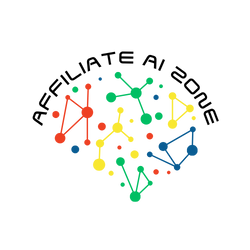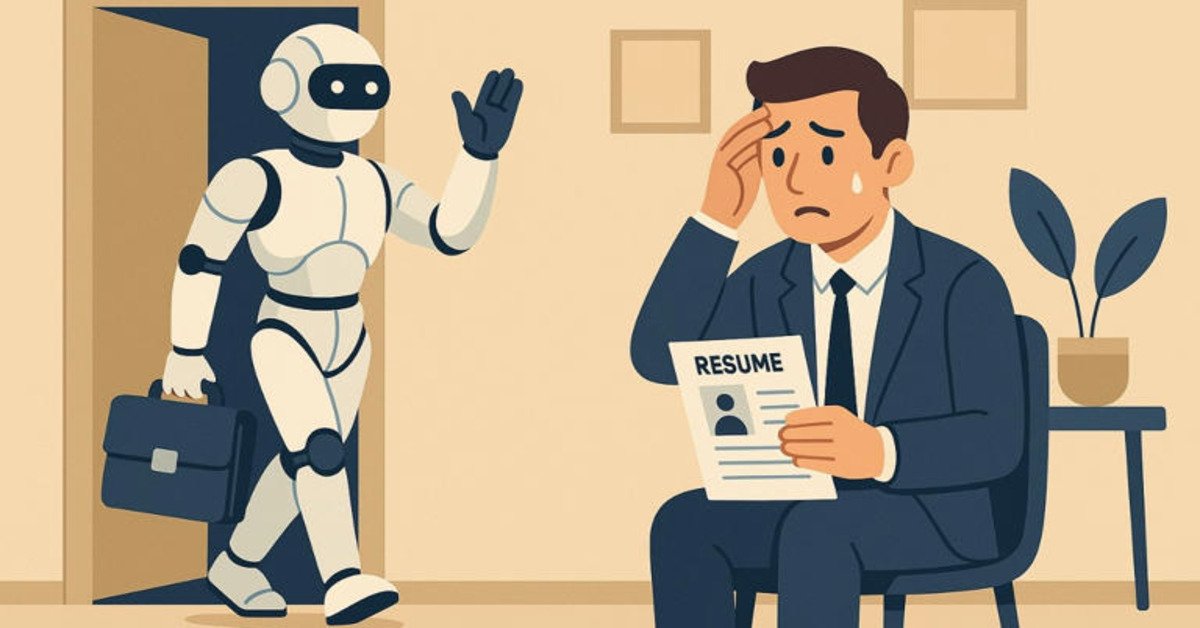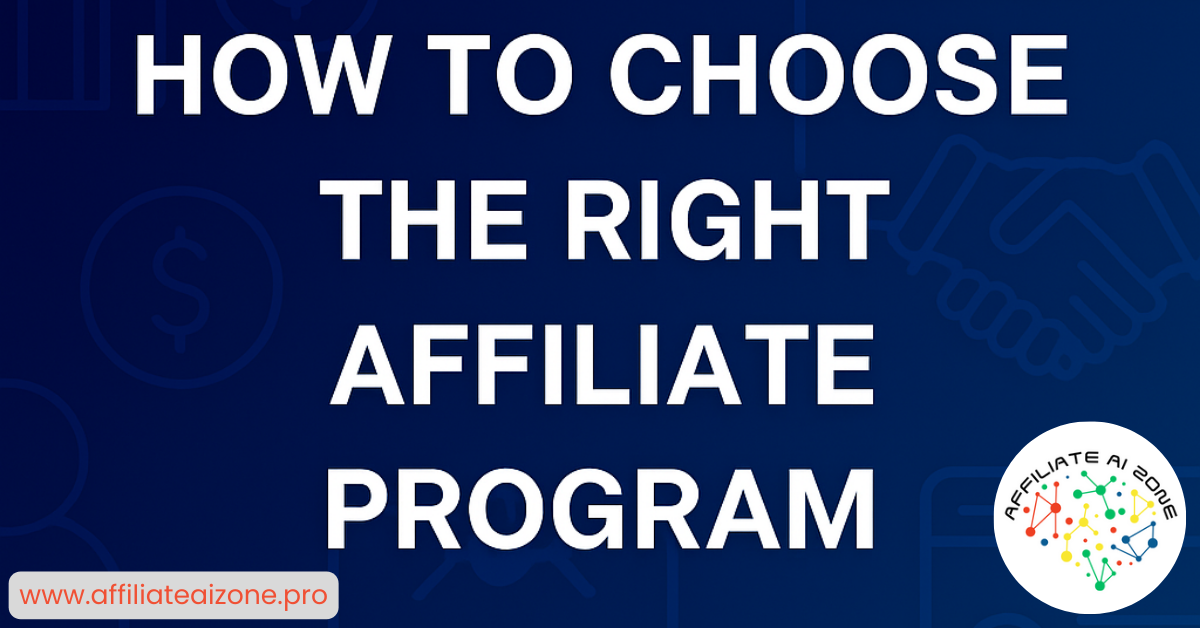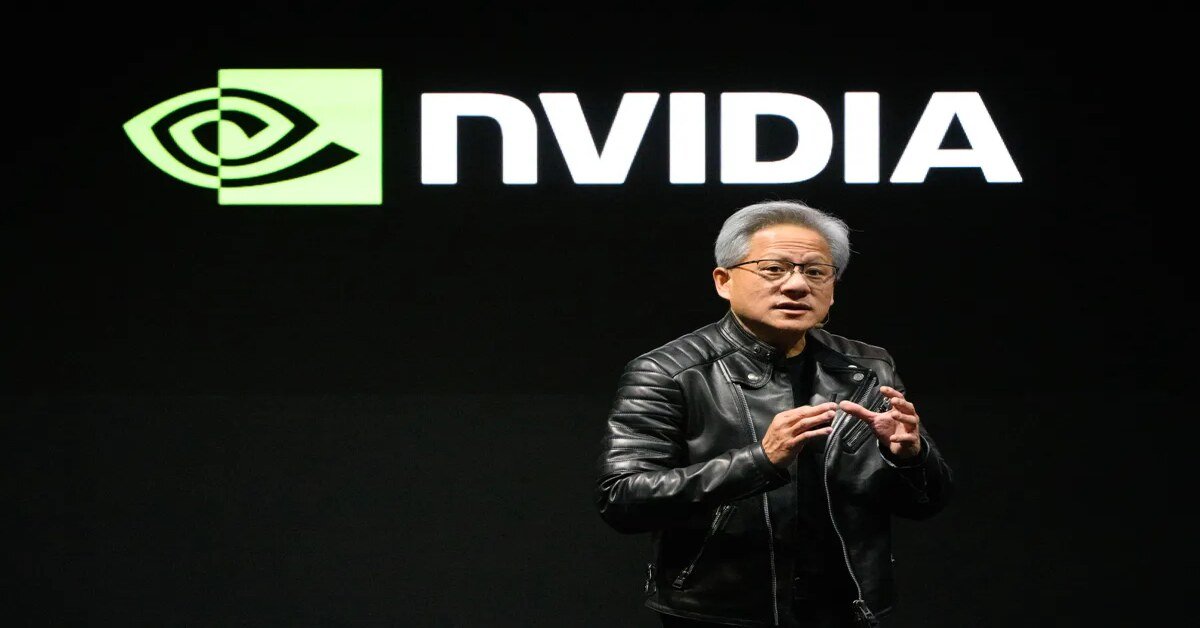As artificial intelligence continues to reshape the modern workplace, Microsoft has released a revealing report on the jobs most likely to be affected by this technological wave. The findings highlight a growing concern for professionals in creative, sales, and communication roles, who may face increasing pressure from AI automation.
🧠 AI’s Expanding Footprint in the Workforce
According to Microsoft, roles that rely heavily on repetitive tasks, content creation, and communication are increasingly vulnerable. Writers, public relations professionals, salespeople, and support agents top the list of occupations most impacted by AI.
The report is based on insights from Microsoft’s Copilot technology and user behavior across their suite of AI tools, including Microsoft 365. With AI now capable of summarizing articles, drafting emails, creating presentations, and even writing code, the boundaries between human and machine-led work are rapidly blurring.
💼 Professions Most Affected by AI in 2025
Here are some of the roles flagged by Microsoft as being highly susceptible to AI automation:
- Writers and Content Creators – With generative AI tools like ChatGPT, Bard, and Microsoft Copilot, content can now be created in seconds, impacting traditional writing roles.
- Sales Representatives – AI-powered CRMs and predictive analytics tools are reducing the need for manual lead nurturing and customer engagement.
- Customer Support Agents – Chatbots and voice AI are increasingly replacing human interaction for FAQs and basic troubleshooting.
- PR Professionals – Press release generation, sentiment analysis, and even media outreach can now be partially handled by AI tools.
However, the report clarifies that AI is not here to “replace” all human jobs—it’s here to augment and transform them.
🛠️ A Shift Toward Human-AI Collaboration
Microsoft emphasizes that AI should be seen as a co-pilot, not a replacement. Roles that adapt to incorporate AI into their workflow will thrive. For example, writers can now use AI to generate ideas and outlines, while focusing more on creativity and storytelling.
Similarly, sales teams can use AI to analyze customer behavior and personalize messaging, increasing conversion rates with less effort. The key lies in re-skilling and upskilling to stay competitive.
🔍 What Should Professionals Do?
- Stay Informed: Keep track of how AI is changing your industry.
- Upskill Strategically: Learn how to use AI tools relevant to your job.
- Embrace Creativity: Human traits like emotional intelligence, critical thinking, and storytelling are hard to replicate.
Conclusion
Microsoft’s latest report is a wake-up call for businesses and professionals alike. While AI may pose risks to certain roles, it also offers new opportunities for growth and efficiency. By embracing change and enhancing your skills, you can future-proof your career and stay ahead in the AI-powered economy.






